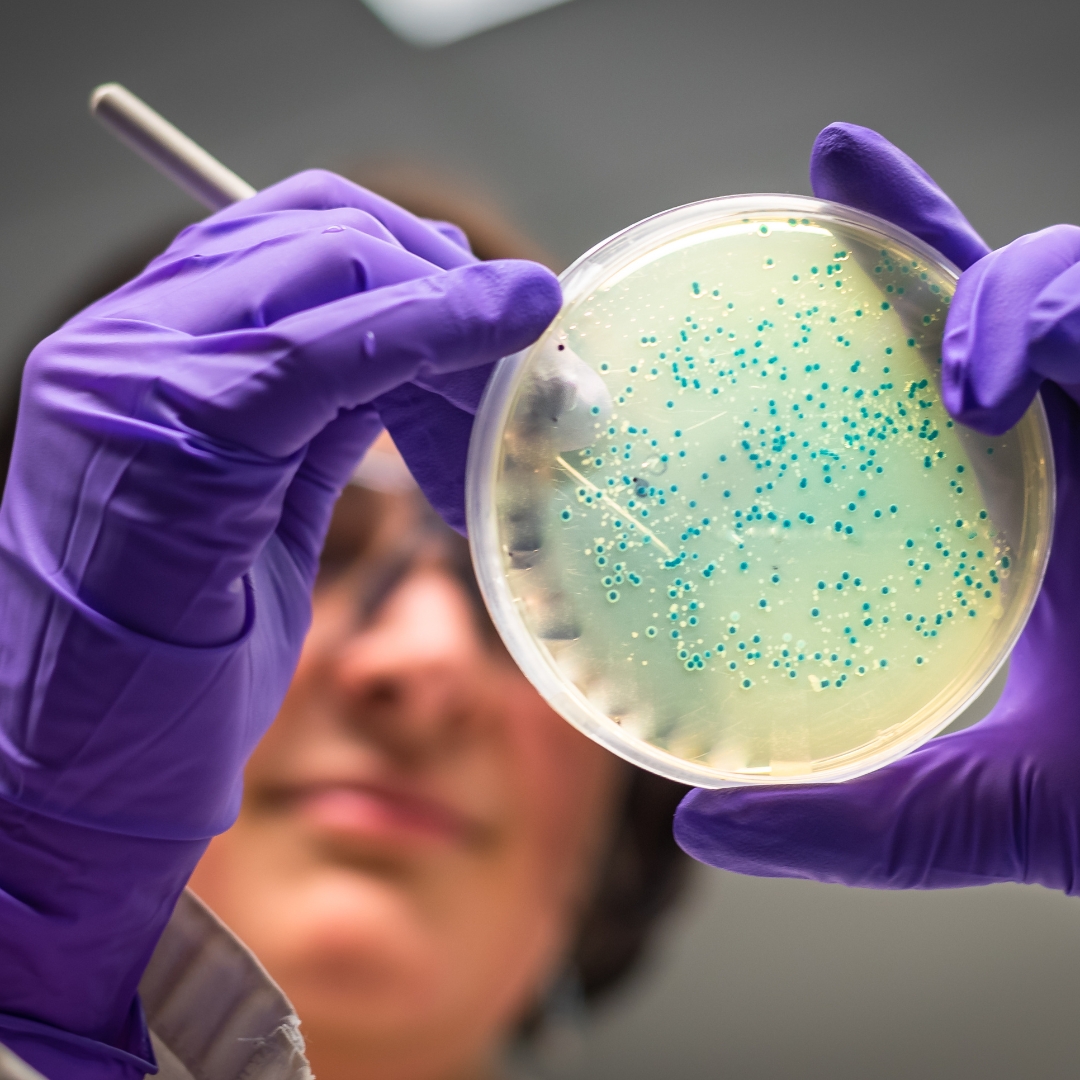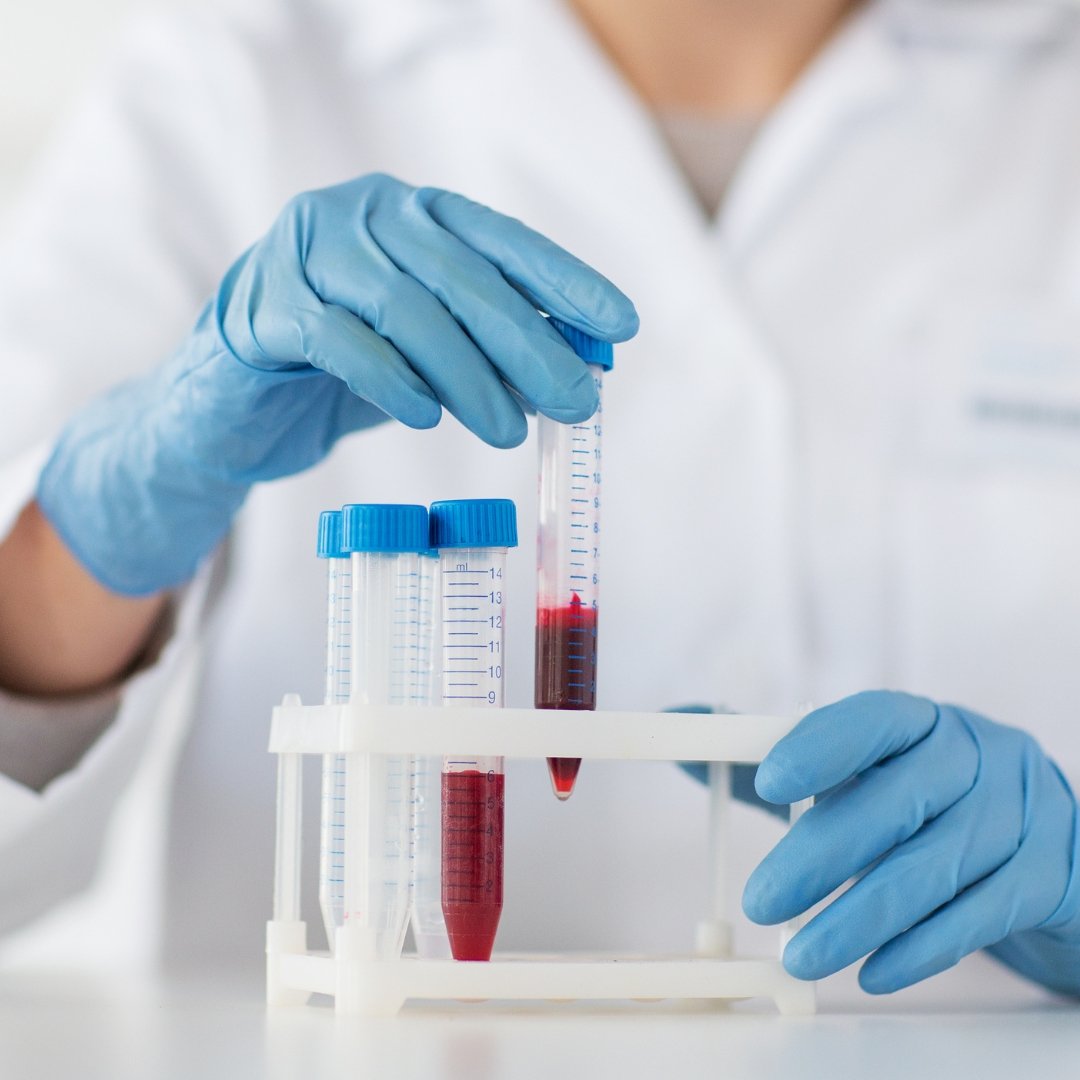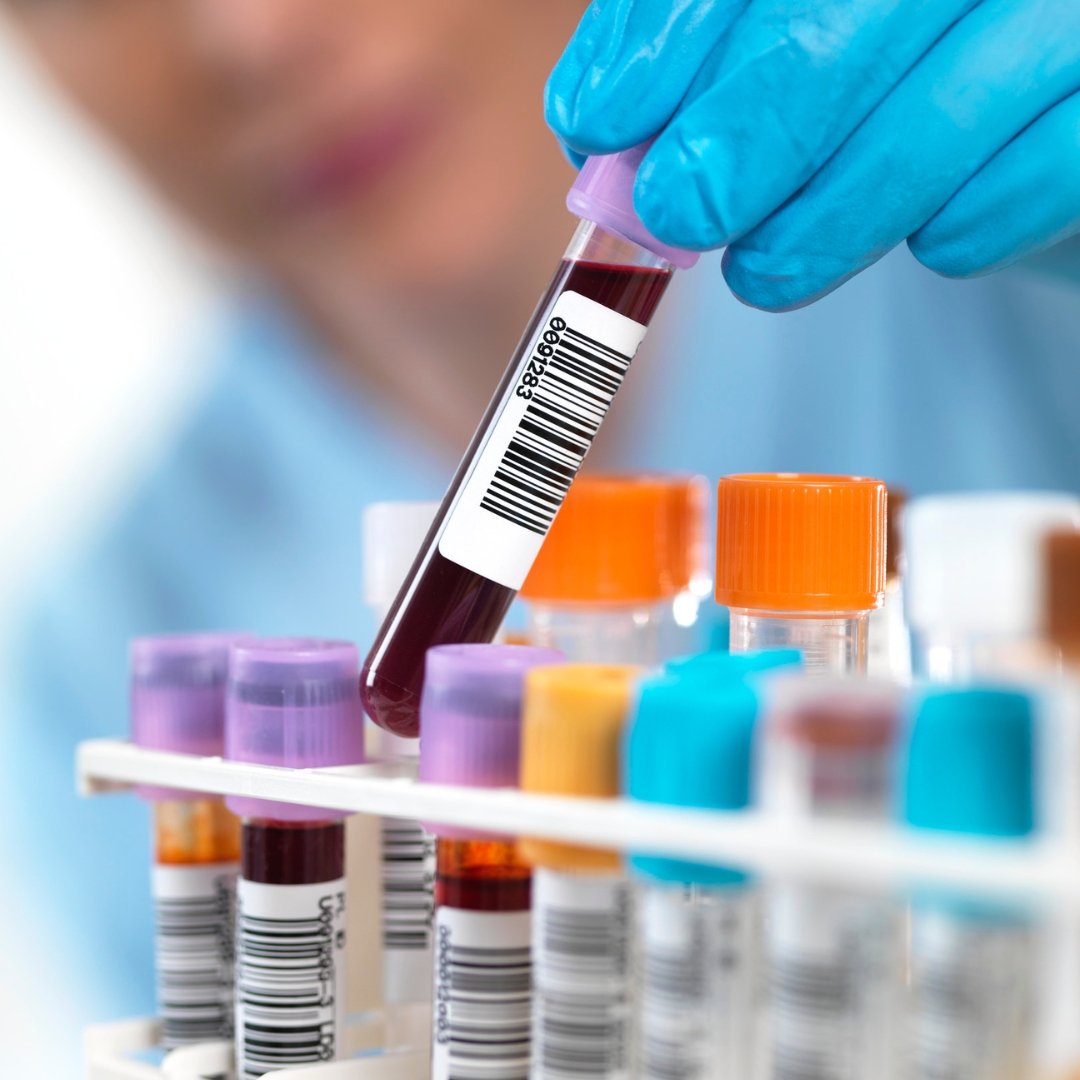
The Foundation of Functional Medicine.
Both conventional medicine and functional medicine doctors rely on laboratory test results to better understand what is going on inside the body. There are limits, of course, to what these tests reveal. Functional medicine digs deeper.
Laboratory testing is an essential part of the evaluation process at PIH and is used to help establish treatment plans. It begins with the same foundational health assessment that conventional doctors use, paired with advanced tests, which help get to the root cause of a patient’s medical condition.
For any questions, please refer to our FAQs or give us a call today. Our team is here to assist you.
Pioneering the space of wellness & longevity
At Princeton Integrative Health, we believe that patient care transcends beyond mere diagnosis. We are dedicated to pioneering the space of wellness and longevity, ensuring that our patients receive comprehensive support throughout their health journey.
Our approach to healthcare is holistic and proactive. To achieve true wellness, patients need more than just medical intervention; they need clinical support coupled with attainable lifestyle changes. This is where our expertise in functional medical testing plays a crucial role.
Our practitioner support team is at the heart of our patient-centered approach. They are equipped with the latest research and tools to make informed treatment recommendations. By understanding the unique needs of each patient, our team can tailor interventions that promote better health outcomes and foster long-term well-being.
Our top Tests

GI-MAP Gut Test
The GI-MAP is helpful in detecting and identifying pathogens, worms, inflammation, malabsorption and potential autoimmune triggers.
Learn More
Advanced Hormone Test
The DUTCH test is comprehensive and evaluates adrenal and reproductive hormones like cortisol, melatonin, progesterone, testosterone, DHEA and more.
Learn More
Environmental Toxin Testing
If you're experiencing multiple chronic symptoms and can't lose weight despite diet and exercise, you could be carrying a high toxic burden.
Learn More
Micronutrient Testing
Nutritional deficiencies are frequently the root cause of many chronic diseases and conditions, including depression, anxiety, sleep disturbances and fatigue.
Learn More
Comprehensive Metabolic Testing
Measure 14 different substances in a single sample to gain important information about your metabolism and the balance of certain chemicals in your body.
Learn More
Advanced Lyme Testing
With a wide array of symptoms our advanced testing aims to identify tickborne diseases earlier than standard tests, encouraging a quicker recovery.
Learn More
Advanced Lipid Testing
We go beyond standard cholesterol and triglyceride measurements to address additional risk factors for disease including the number of atherogenic particles, the size of these particles and the inherent risk of developing CVD.
Learn More
"Throughout the process, we engage, educate, empower and encourage people to make health a priority. We give them the resources and tools they need to make real life changes, and provide the support they need to make those changes stick."
– Jenna Richardson, Founder + CEO
Our Methodology
Solutions designed to fit anyone, whether you’re already showing symptoms hoping to prevent them.

COMPREHENSIVE ASSESSMENT
Symptom analysis followed by initial lab tests to establish baseline levels for key biomarkers (e.g., blood tests, hormone panels, nutritional assessments).

ADVANCED TESTING
Personalized functional tests exploring gut microbiome analysis, food sensitivity testing, genetic testing, heavy metal screening, etc.

TREATMENT PLAN
A customized protocol to address identified root causes, allowing us to implement targeted nutrition interventions aiming to correct deficiencies and support overall health.

FOLLOW UP CARE
We'll monitor progress and adjust treatment as needed using follow-up functional tests which track improvements and refine treatment protocols, preventing recurrence of issues.
You may also like...
Empowered Health Concierge Program
An ideal program for health-seeking clients + patients who are looking for direction and guidance with true practitioner partners on the journey toward optimal health.
HBOT
Providing oxygen to cells in need, aiding in energy generation, healing promotion, and toxin removal. With around 100 recognized conditions, HBOT has shown potential in supporting healing processes.
FX 405 for Chronic Pain
An FDA-approved solution for chronic neck, shoulder, and lower back pain. By stimulating cellular energy production, FX 405 promotes natural healing without surgery, downtime, or side-effects. Plus, it's completely non-invasive!
